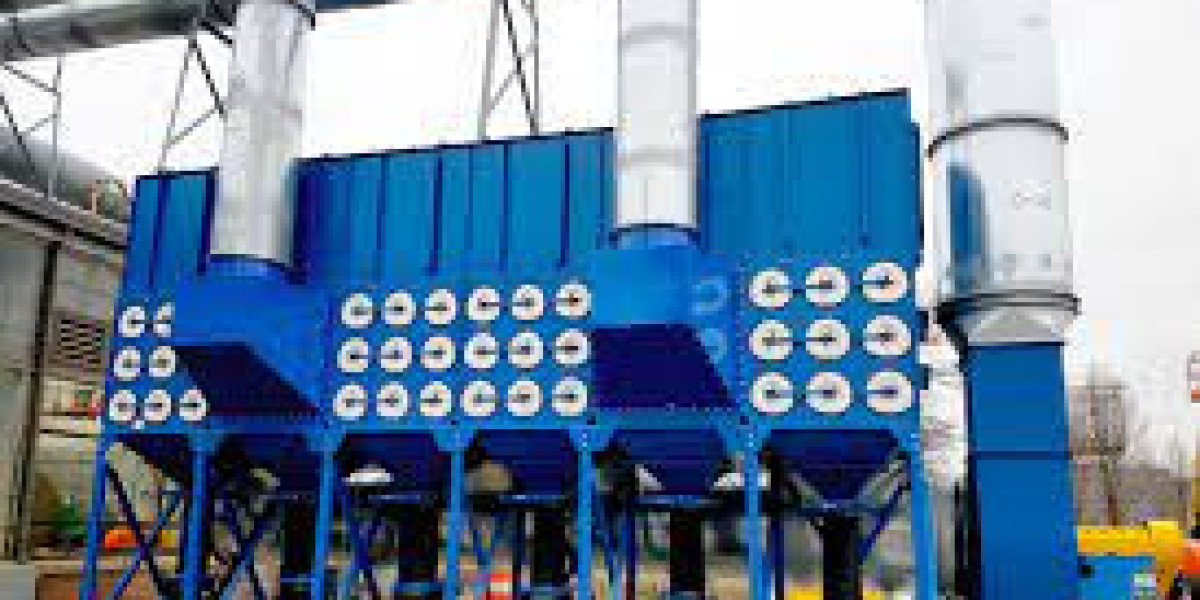Hydraulic oil coolers, also known as heat exchangers, use water or air to cool hydraulic fluid before it enters a system. Heated hydraulic fluid can damage seals and surfaces, causing particulate buildup that will negatively impact the performance of the entire system. Cooling the hydraulic fluid prevents this, protecting the equipment and increasing its life span.
All mechanical systems generate heat while operating and hydraulic systems are no exception. The constant flow of hydraulic fluid through hoses and pipes causes resistance which produces heat. Heated oil can damage seals and hoses, leading to leaks and shortening the equipment’s lifespan. Cooling the hydraulic fluid prevents this, keeping it at its optimum temperature to ensure that circuit components don’t overheat.
The actual cooling requirements of a hydraulic system will vary over the course of its cycle and depend on environmental factors, ambient temperatures and machine loads. To get the most out of your hydraulic system, it is important to select a cooling unit that can easily be adjusted to meet your requirements.
Beiler Hydraulics offers a wide range of quality coolers including units from Thermaflow by Stac and Hydraflow by Paragon that are quiet, light weight and compact to help maximize the performance of your hydraulic system.
The hydraulic oil cooling process is simple. When a system is running and it begins to produce excess heat, the cooler will begin to circulate hydraulic oil through its tubes, absorbing and dissipating heat as it goes. This will reduce the oil temperature significantly, which in turn will prevent system components from overheating.
If the hydraulic oil reaches its practical temperature limit, it will break down and relinquish its lubricating properties. It will lose its non-compressible qualities, become sludgy and gum up machinery parts. Then it can lead to costly repairs and downtime.
Overheating can destroy the pump, motor and hydraulic components in a machine. It can also create a fire risk, which can be very dangerous and potentially fatal. A properly functioning hydraulic oil cooling system will prevent the overheating of the hydraulic fluid, extending the life of all machine components.
Adding a hydraulic oil cooler to your machine will not only reduce the risk of overheating, but will save energy and money. When the fluid is cooled, it can be returned to the reservoir at its proper temperature for continual operation.
Hydraulic Oil Coolers are available for Mobile Equipment, Hydraulic Power Packs and almost anything that requires a high-quality cooler. Bowman offers a variety of sizes to accommodate all of your applications.
The hydraulic oil coolers offered by Bowman include passive models, which use fins and tubes to leverage the natural heat absorption capabilities of hydraulic fluid, and dynamic models, which are powered by electric motors to actively push the air through the network of oil-filled tubes. Both are available in a variety of tube stack configurations. Our standard units are made with cupro-nickel tube, and we offer optional titanium versions for higher temperatures.



